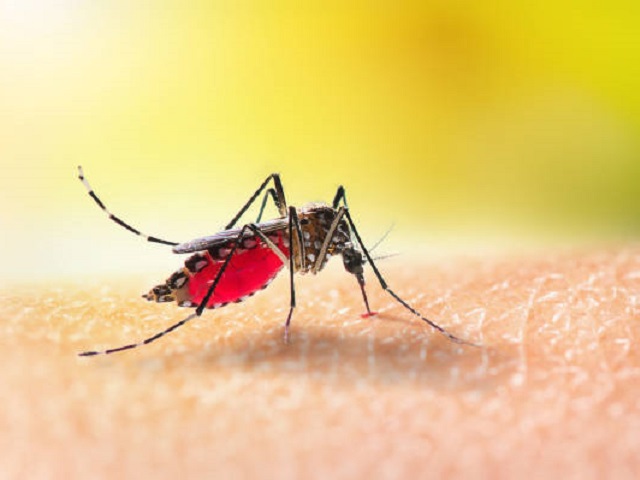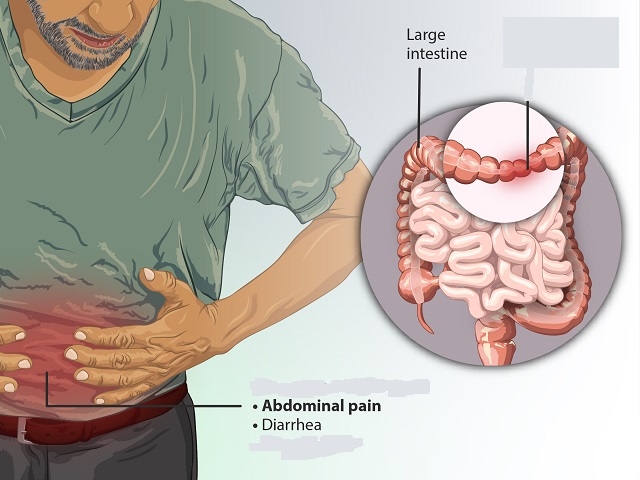10 Signs You May Have Malaria -- Symptoms, Causes, Effects, Treatment and Prevention
Malaria is a mosquito-borne infectious disease caused by parasites of the Plasmodium genus. It is a significant global health concern, particularly in tropical and subtropical regions. Malaria is characterized by recurrent fever and can lead to severe complications if left untreated. Understanding the symptoms, causes, effects, treatment, and prevention of malaria is crucial in its management and control.
Symptoms of Malaria:
The symptoms of malaria typically include:
- Fever
- Chills
- Sweating
- Headache
- Muscle and joint pain
- Fatigue
- Nausea and vomiting
- Diarrhea
- Anemia (low red blood cell count)
- Jaundice (yellowing of the skin and eyes) in severe cases
Causes of Malaria:
Malaria is caused by Plasmodium parasites transmitted to humans through the bite of infected female Anopheles mosquitoes. There are several species of Plasmodium that can cause malaria, with Plasmodium falciparum being the most severe and potentially life-threatening.
Effects of Malaria:
Malaria can have various effects on individuals and communities, including:
- Illness and complications: Malaria can cause severe illness, particularly when caused by Plasmodium falciparum. Complications may include organ failure, severe anemia, respiratory distress, and cerebral malaria, which can lead to coma and death, especially in young children and pregnant women.
- Social and economic burden: Malaria affects productivity and economic development in endemic areas by causing frequent illness, hospitalizations, and work absences. It places a significant burden on healthcare systems and can contribute to poverty and reduced educational attainment.
Treatment of Malaria:
The treatment of malaria aims to eliminate the parasites from the body and alleviate symptoms. The choice of treatment depends on the species of Plasmodium involved, the severity of the infection, and the geographic location. Antimalarial medications, such as artemisinin-based combination therapies (ACTs), are commonly used for the treatment of malaria.
Prevention of Malaria:
Preventing malaria involves several strategies, including:
- Vector control: Measures to control mosquito populations, such as using insecticide-treated bed nets and indoor residual spraying, can reduce mosquito bites and transmission of the disease.
- Chemoprophylaxis: Travelers visiting malaria-endemic regions may need to take antimalarial medications as a preventive measure. The choice of chemoprophylaxis depends on the destination and drug resistance patterns.
- Environmental management: Reducing mosquito breeding sites, such as stagnant water sources, through drainage, proper waste disposal, and environmental modifications, can help prevent mosquito proliferation.
- Personal protection: Individuals in malaria-endemic areas should use mosquito repellents, wear long-sleeved clothing, and sleep under insecticide-treated bed nets to minimize mosquito bites.
References:
World Health Organization. (2021). Malaria. Retrieved from https://www.who.int/health-topics/malaria
Centers for Disease Control and Prevention. (2021). Malaria. Retrieved from https://www.cdc.gov/malaria/index.html


















